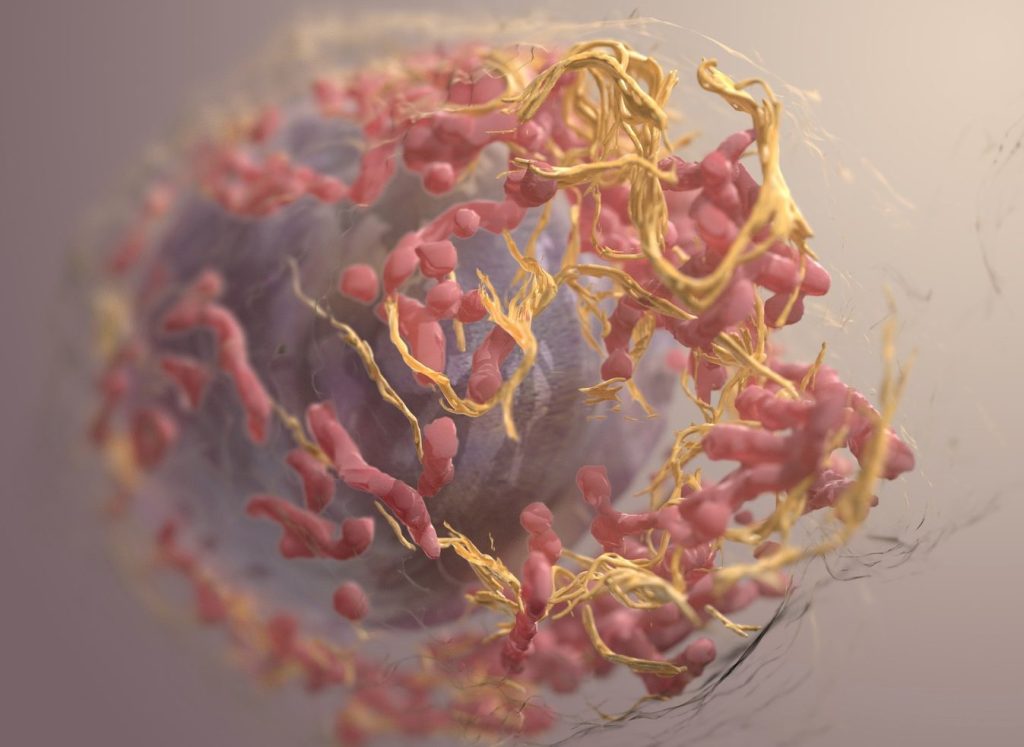
In a world-first clinical trial published in the journal Nature Medicine, a multi-centre study has found faecal microbiota transplants (FMT) from healthy donors are safe and show promise in improving response to immunotherapy in patients with advanced melanoma.
While immunotherapy drugs can significantly improve survival outcomes in those with melanoma, they are only effective in 40–50% of patients. Preliminary research has suggested that the human microbiome may play a role in whether or not a patient responds.
“In this study, we aimed to improve melanoma patients’ response to immunotherapy by improving the health of their microbiome through faecal transplants,” says Dr John Lenehan, Medical Oncologist at London Health Sciences Centre’s (LHSC).
A faecal transplant involves collecting stool from a healthy donor, screening and preparing it in a lab, and transplanting it to the patient. The goal is to transplant the donor’s microbiome so that healthy bacteria will prosper in the patient’s gut.
“The connection between the microbiome, the immune system and cancer treatment is a growing field in science,” explains Dr Saman Maleki, senior investigator on the study. “This study aimed to harness microbes to improve outcomes for patients with melanoma.”
The phase I trial included 20 melanoma patients recruited from LHSC, CHUM and Jewish General Hospital. Patients were administered approximately 40 faecal transplant capsules orally during a single session, one week before they started immunotherapy treatment.
The trial found that combining faecal transplants with immunotherapy is safe for patients. The study also found 65% of patients who retained the donors’ microbiome had a clinical response to the combination treatment. Five patients experienced adverse events sometimes associated with immunotherapy and had their treatment discontinued.
“We have reached a plateau in treating melanoma with immunotherapy, but the microbiome has the potential to be a paradigm shift,” says oncologist Dr Bertrand Routy.
The study is unique due to its administration of faecal transplants (from healthy donors) in capsule form to cancer patients – a technique pioneered in London by Dr Michael Silverman.
“Our group has been doing faecal transplants for 20 years, initially finding success treating C. difficile infections. This has enabled us to refine our methods and provide an exceptionally high rate of the donor microbes surviving in the recipient’s gut with just a single dose,” says Dr Silverman. “Our data suggests at least some of the success we are seeing in melanoma patients is related to the efficacy of the capsules.”
The team has already started a larger phase II trial involving centres in Ontario and Quebec.
Source: Lawson Health Research Institute

